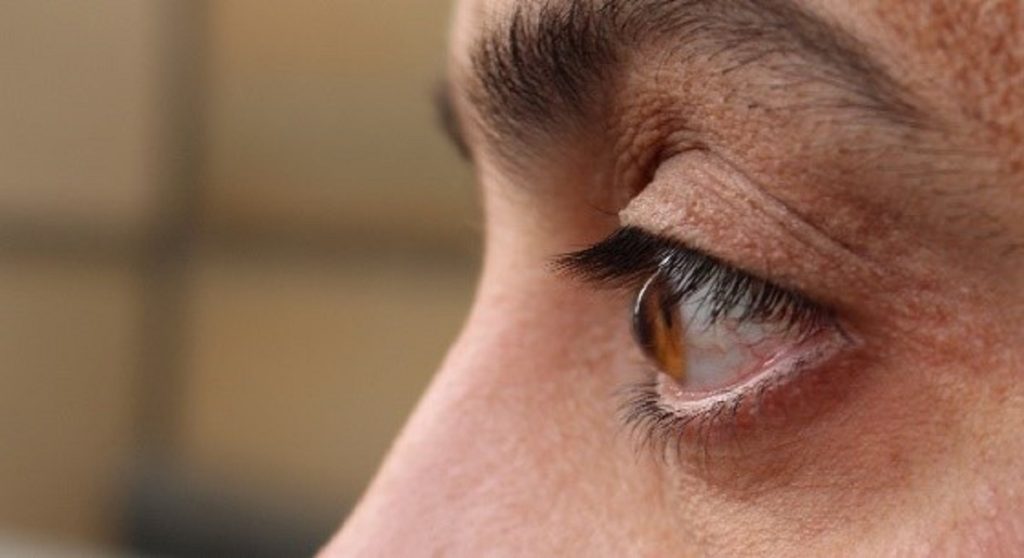Keratoconus is a degenerative disorder that affects the cornea. The cornea is the clear, dome-shaped front part of the eye that focuses light onto the back of the eye. A cornea that has developed keratoconus thins and bulges outward, taking on a cone-like shape. This can lead to vision problems.
There is no cure for keratoconus. However, it can be managed with early diagnosis and treatment. Here, Dr. Ernest W. Kornmehl of Kornmehl Laser Eye Associates discusses why you need to see a cornea specialist for keratoconus diagnosis and treatment.
What Is a Corneal Specialist?
A corneal specialist is an ophthalmologist who specializes in corneal issues. As mentioned, keratoconus affects the cornea. That is why it is so important to see a corneal specialist like Dr. Kornmehl when diagnosing and treating keratoconus.
Dr. Kornmehl is a fellowship-trained corneal specialist with more than 30 years of experience treating cases of keratoconus. This is the level of expertise you need when diagnosing and treating keratoconus. Dr. Kornmehl works with patients to provide a comprehensive examination to determine the severity of their keratoconus and recommend the best course of treatment moving forward.
How Is Keratoconus Diagnosed?
Keratoconus is diagnosed by an eye doctor (ophthalmologist or optometrist) during a comprehensive eye exam. As discussed above, it is best to find a corneal specialist for a keratoconus diagnosis.
The corneal specialist may go over your family and medical history prior to or during your eye exam. They will look for potential risk factors for developing keratoconus, such as a family history of the disease.
The corneal specialist will also examine the cornea and may conduct a variety of tests. Tests to diagnose keratoconus include the following:
- Eye refraction
- Slit-lamp examination
- Keratometry
- Computerized corneal mapping
How Is Keratoconus Treated?
Keratoconus is a progressive eye disease. That means that its treatment depends on its severity and how quickly it is progressing.
Keratoconus can affect vision. Mild cases of keratoconus can be treated with prescription glasses or contact lenses. For some, this may be the only treatment necessary.
If the keratoconus is progressing, then your ophthalmologist may need to take additional steps to slow or stop the progression. Corneal collagen crosslinking is a procedure to slow or stop the progression of keratoconus by strengthening and stiffening the corneal fibers.
A patient with advanced keratoconus may require cornea transplant surgery. Cornea transplant surgery for keratoconus tends to be a very successful procedure.
Are you ready to schedule a comprehensive eye exam with a trusted corneal specialist? Contact Kornmehl Laser Eye Associates in Boston, Massachusetts at (877) 870-2010 today.
